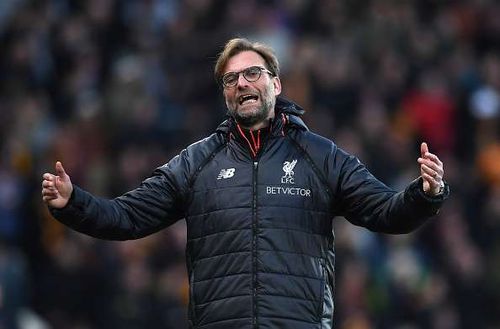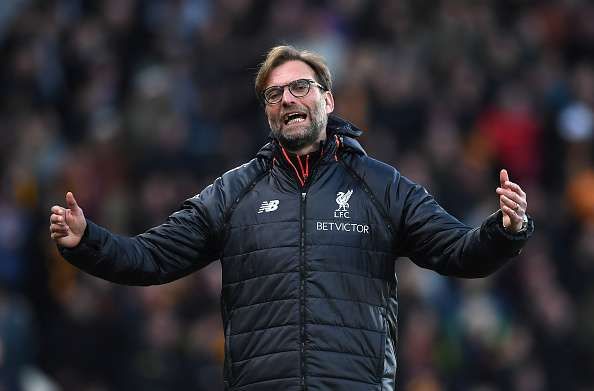
Is Jurgen Klopp's 'team first' mentality hurting Liverpool?
Jurgen Klopp, the charismatic German who took the Premier League by storm after his appointment at Liverpool, has faced a trying period in charge of the club over the past two months. Up till January 2017, there were very few reasons to doubt Klopp – two cup finals in his debut season, an exemplary start to his first full season and a brand of attacking football that was at par with the best the Premier League had to offer.
After a disastrous January, however, the feel good factor at Anfield has evaporated after having been knocked out of two cup competitions and the Premier League title race. All the decisions which were hailed previously are being questioned with newfound vigour, including the wisdom of using James Milner at left back. Victory over Tottenham eased concerns, only for the old ones to be supplanted 16 days later at the King Power Stadium.
Also Read: Liverpool’s title drought: Can Jurgen Klopp bring the Holy Grail to Anfield?
It has not helped that Klopp faced an eerily similar run of form during his final season with Dortmund; fingers are being pointed at the manager's methods – his training regime, his choice of lineups and perhaps most pertinently, his stubbornness to view the transfer window as a fix to his squad's problems. Liverpool had a negative net spend last summer – almost unheard of among top European teams with ambitions for major honours.
Klopp has rejected outright any attempt by any player to hold the club ransom. The pursuits of Alex Teixeira, Mario Gotze and Julian Draxler were all abandoned as soon as the negotiations were no longer just about football.
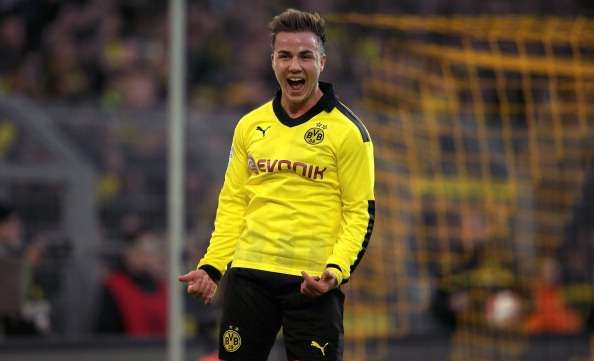
Even with Alberto Moreno as the only specialist left-back in the squad, Ben Chilwell was not considered worth a few extra million pounds – hardly pocket change in the contemporary football market.
But is this approach hurting the team? Is it realistically possible for any team to be major contenders without a single world class player? The attempt to unearth the stars of tomorrow, while admirable, presents the danger of being an eternal pursuit of future success with nothing to show for – just ask Wenger or any Arsenal fan.
What is good about the Klopp approach?
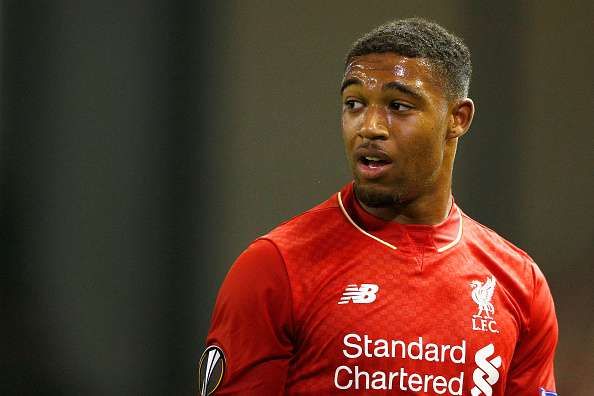
Klopp's reputation as a training ground manager has immediately proven true – perhaps every single individual at the club is performing better than under the previous coaching staff. At the same time, the ruthlessness behind the patience should not be missed either – players like Jordon Ibe and Brad Smith were shipped in the summer, despite giving the impression of being solid backup options with a promising future.
Jordan Henderson, Adam Lallana, Roberto Firmino, Dejan Lovren and a number of players have improved leaps and bounds under the German manager's stewardship. Firmino and Lallana, in particular, seem to have found a new lease of life with their reinvented positions on the pitch.
The conversion of James Milner to left back, before the dawn of 2017, made the list in a number of compilations of "top tactical innovations" of the season.
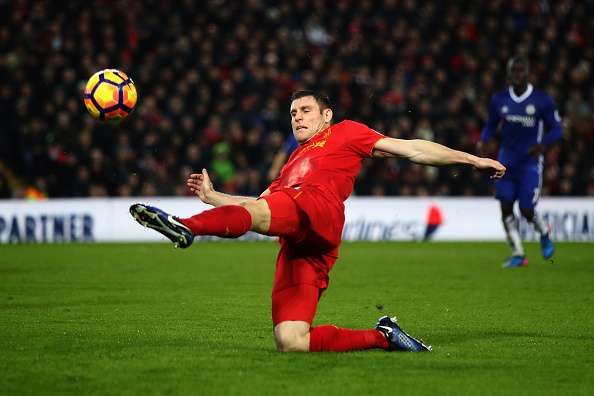
The decision to hand Klopp a renewed 6-year contract one year into his tenure represents a show of faith that is unlikely to be tested by a handful of results. Just 3 of the 11 that lined up against Leicester were Klopp's signings – a timely reminder that this team is far from being a Klopp team.
Klopp’s Dortmund finished 6th and 5th in their first two seasons in the Bundesliga – perhaps we need more time before his Liverpool can be appropriately judged.
The not-so-great aspects of the German’s strategy
Antonio Conte has poured cold water on several excuses managers are typically accorded at the beginning of their stints at clubs. Yes, the core of the side remains the same as a title-winning one - yet to walk right in, and pull a team up from the mediocrity of mid table all the way to a comfortable lead at the top of the table represents no mean feat.
Even at Juventus, Conte went to a team that had finished 7th the previous season and led them to a title the next – so transition periods may not be as inevitable as they are made out to be.
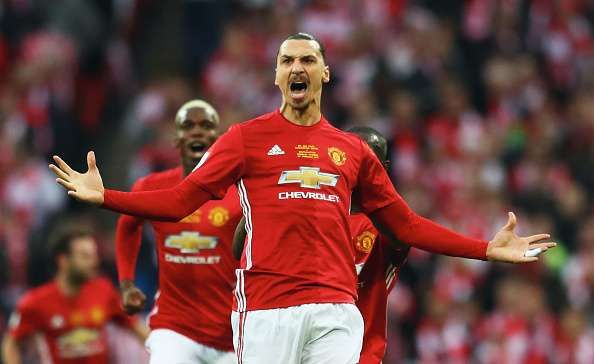
In the manner of a Leicester City title win (though, of course, not on the same scale), Klopp's Dortmund could only manage to pounce on a couple of underachieving seasons for Bayern Munich. The status quo has since been re-established, reaffirming our worst suspicions – Wealth may have a blip here and a blip there, but ultimately, money talks.
Which leaves the romanticists of the game like Klopp and Wenger looking increasingly like businessmen rather than serial winners – while the balance sheets will definitely look healthy, the trophy cabinet might tell a different story. Both were openly disdainful about Pogba's world record transfer, yet one suspects both their teams could do with such a ruthless winner in their lineups.
Also Read: Klopp urges inconsistent Liverpool to get back on track
Players like Zlatan Ibrahimovic and Pogba, and de Bruyne and Jesus on the other side of Manchester, show us how quality doesn't really have tactical replacements. Ibrahimovic, in particular, would probably not be a favourite of either Klopp's or Wenger's in terms of age, wages or style of play – yet the sheer old school quality and winning mentality he possesses make him indispensable.
What the future holds for Klopp and Liverpool
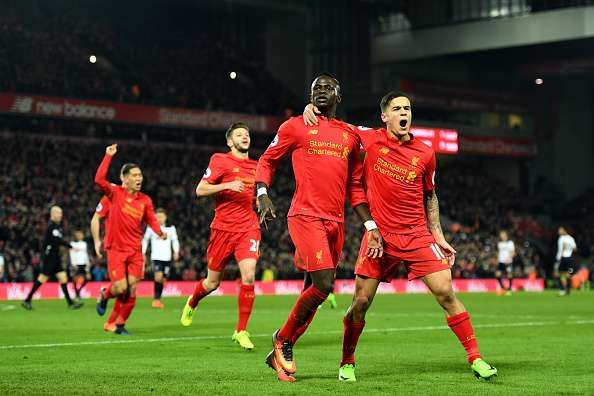
It will always be an endless debate – for success is relative, as is the importance of results versus performances – yet it is clear that no team can transcend their limitations without the injection of quality. It is a shuddering thought for Arsenal fans where their team would be without the two instances when Wenger deviated from his philosophy – to land Sanchez and Ozil, despite their price tags.
Klopp himself has benefited greatly from his decision to sign Mane for £34m - a fee that was balked at by several competitors and media outlets. On the other hand, instances of refusing to loosen the purse strings have proved costly – the inability to sign a top class replacement for Sakho (rather than a squad option like Ragnar Klavan) and the insistence of getting the best out of his squad by refraining from getting a top quality striker.
Quality, therefore, is inevitable – and while it is tempting to hope that the same can come in the form of tomorrow's talents rather than today's, it remains a fanciful notion as of yet with insufficient evidence to back it up.
We will have to wait and see whether Klopp can deliver what Wenger promised – the question is how long all parties involved are prepared to wait.
